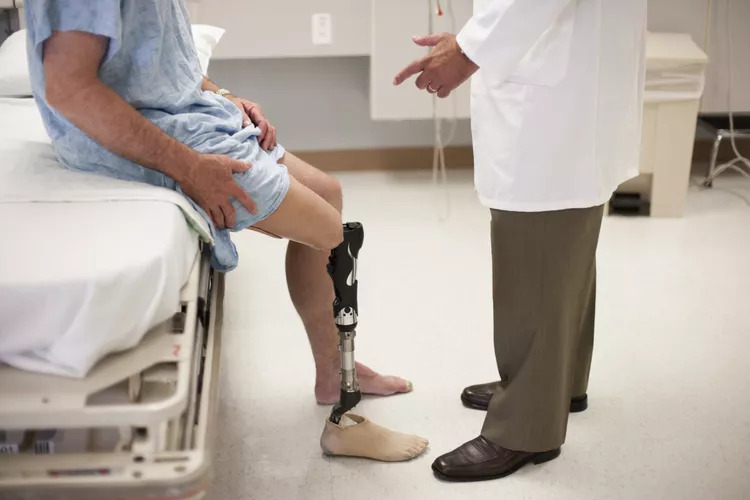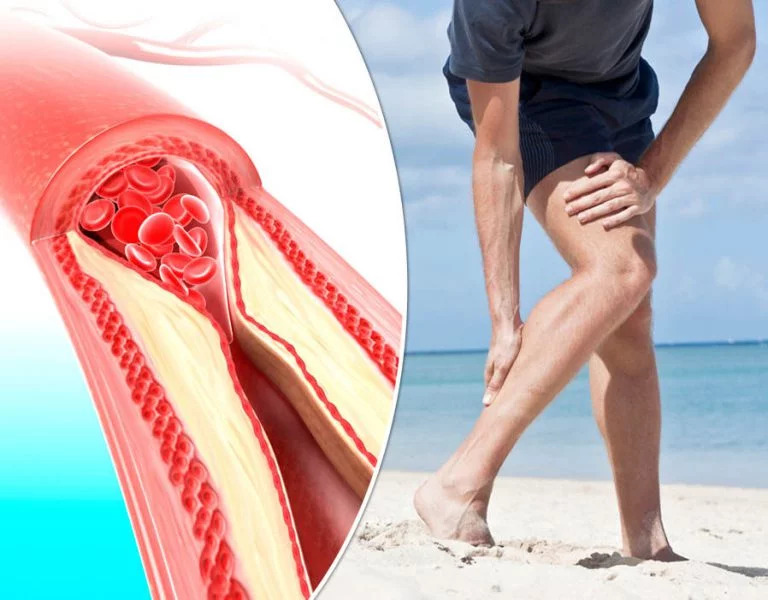United States: Peripheral artery disease (PAD) is a chronic degenerative disease, which is a serious form of illness where the arteries in the legs deplete progressively and become narrow over time.
Research that deals with the best treatments for women with PAD lacks, but that is the other side of the coin. Recent research shows that noninvasive endovascular treatments work with equal efficacy in females as in males, as US News reported.
More about the noninvasive endovascular treatments
In endovascular therapies, the techniques are less invasive, and they are performed by narrowing the arterial lumen, causing a reduction in blood flow. This can be prevented by using an angioplasty or stents that lessen the risk of open bypass operations.
This new research, which was conducted by Dr. Serdar Farhan of the Icahn School of Medicine at the Mount Sinai in New York City, showed that the procedures were useful for both women and men similarly.
This is a piece of news that has been coming for a long time, he said.

More about the findings of the study
Farhan from the Society for Cardiovascular Angiography & Interventions (SCAI) stated, “While the findings of the study are of value considering the scarce data on PAD treatment in women, they are also a strong reminder that we must do better in enrolling women in PAD trials,” as US News reported.
Farhan added, “and concerted efforts are warranted to achieve adequate representation of women to improve our understanding of the disease and its management in both women and men.”
The findings of Farhan’s team were presented at SCAI’s annual meeting in Long Beach, California, on Thursday.
Moreover, the lowered level of blood flow that comes along with PAD could lead to pain, walking difficulties, and sore legs and feet. However, if the illness has reached an advanced stage, it would remain untreated, and amputation might also be required.
Dr. George Dangas, SCAI president sais, therefore, “evidence-based data on treatment outcomes for all [patients] are critically important for individualized care,” as US News reported.
PAD is managed using healthy lifestyle modifications, prescription drugs, stenting, or angioplasty, which can be performed in an endovascular manner or through Coronary bypass surgery.
How was the study conducted?
In the new research, Farhan’s group monitored 639 patients who either had endovascular procedures or bypass operations for PAD, with 29 percent of them, it was women.
In this study, corresponding to the two-year time period post-operation, death for any reason, leg amputation above the knee, and additional surgery on the same limb were the main outcomes chosen by the researchers.
The document in question reported “no differences” in these outcomes between males and females.
Certainly, angioplasty/stenting was less risky overall than bypass: The women who had a bypass had a much higher complication rate compared to those who had an endovascular treatment. They occurred in about 26 percent of patients who bypassed compared to those who had an endovascular treatment, which was about 9 percent.
Complications were of the level of magnitude for the man, and there was only a small decrease in that complexity for this one procedure.
Contrary to the outcomes of bypass surgery, men and women who undergo endovascular operations found that they had shorter lengths of stay in the hospital for that period, the findings from the study showed.
Dangas said that findings are important because “PAD is a prevalent and debilitating disease with serious consequences, especially for advanced cases that may have progressed due to lack of treatment, which is something that many clinicians are seeing in their patients today.”






